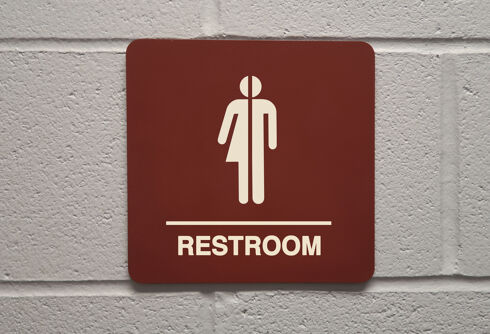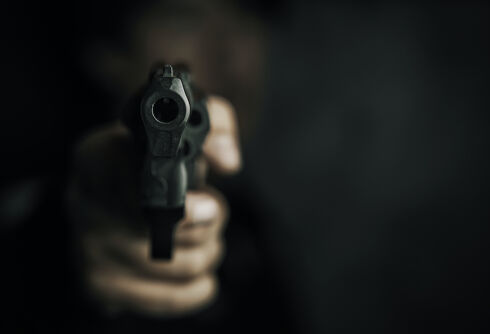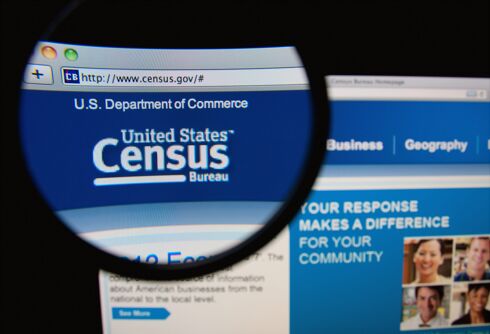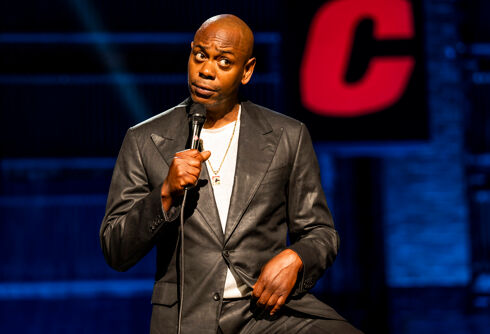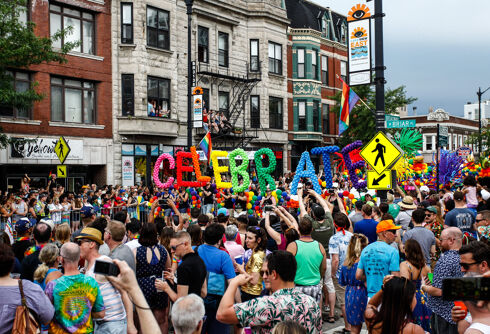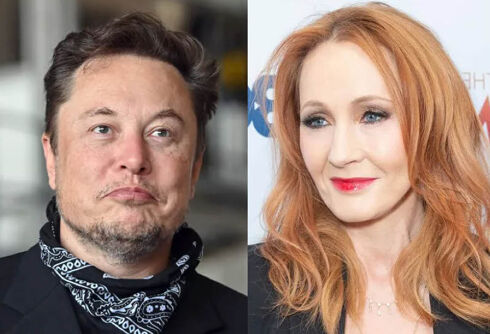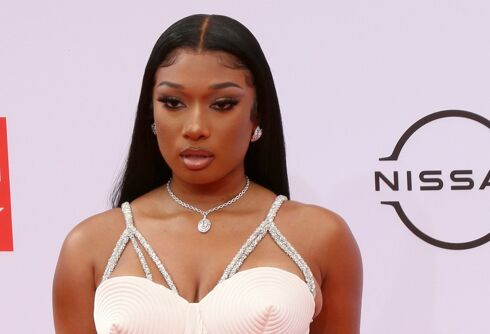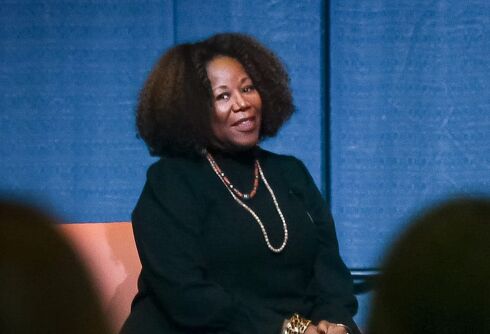
LAS VEGAS — Marriage equality advocates in Nevada have an unlikely fiscal ally: domestic violence programs.
That’s because the only state-allocated source of domestic violence program funding comes from a $25 surcharge on each Nevada-issued marriage license. Revenue from that surcharge has dropped over the past decade as marriage rates have fallen throughout the United States and fewer tourists have headed to Las Vegas to elope.
But making it legal for same-sex couples to wed in Nevada would mean an increase in marriage license revenue, observers say, and a windfall for domestic outreach programs such as Safe Nest, the state’s largest domestic violence charity.
“We understand this is a controversial issue,” said Estelle Murphy, executive director of Safe Nest. “We are neutral in terms of taking a stand on it, however we recognize the reality that if there were gay marriage in Nevada that we would be assisted substantially by the increase in funds.”
Never Miss a Beat
Subscribe to our newsletter to stay ahead of the latest LGBTQ+ political news and insights.
Last fiscal year, the state collected and allocated less than $3 million total for programs like the Nevada Network Against Domestic Violence and Safe Nest shelters through marriage license surcharges, according to Clark County spokesman Dan Kulin.
That figure also includes a $5 surcharge Clark County assesses for each civil marriage service.
Though the attorney general’s office cannot speculate how marriage equality for same-sex couples would affect state programs, gay rights activists like Freedom Nevada Director Ward Curtin have recognized what legalization could mean for community programs.
Article continues below
Still, more marriage means more money.
“These figures only estimate local marriages,” he said. “It doesn’t at all take into account destination weddings.”
In Nevada, eight same-sex couples are challenging the state’s voter-approved 2002 ban that was upheld by a federal judge in 2012. The 9th U.S. Circuit Court of Appeals in San Francisco has scheduled arguments for Sept. 8. Nevada Attorney General Catherine Cortez Masto is refusing to defend the ban.
This material may not be published, broadcast, rewritten, or redistributed.






